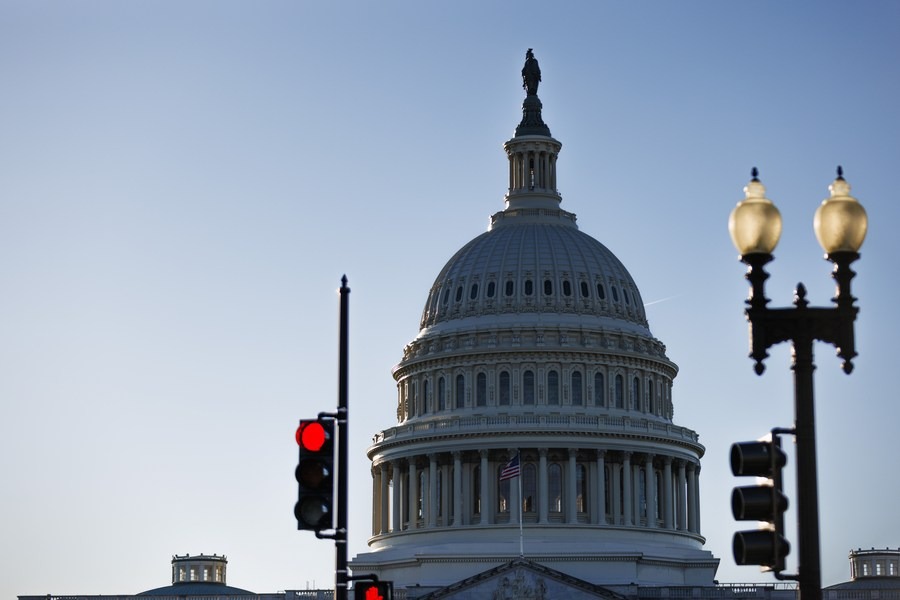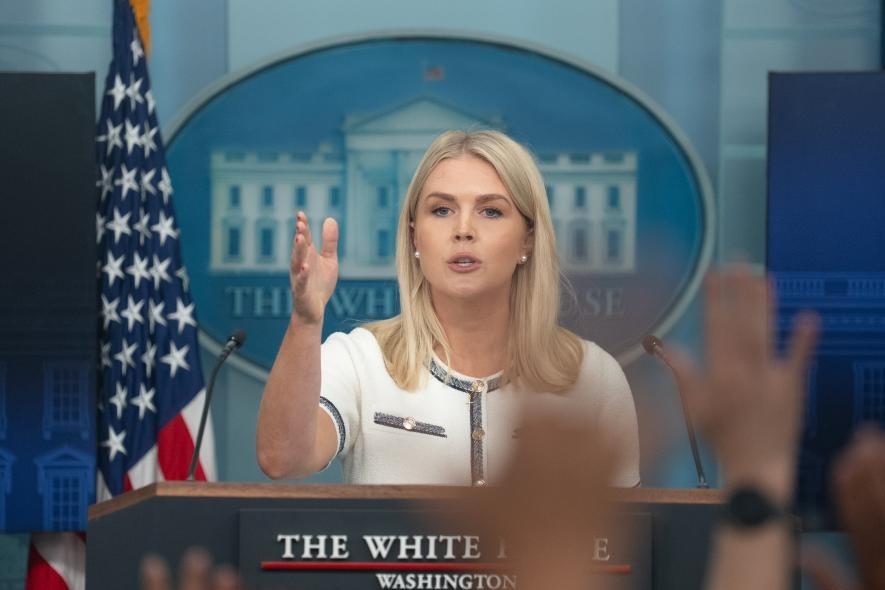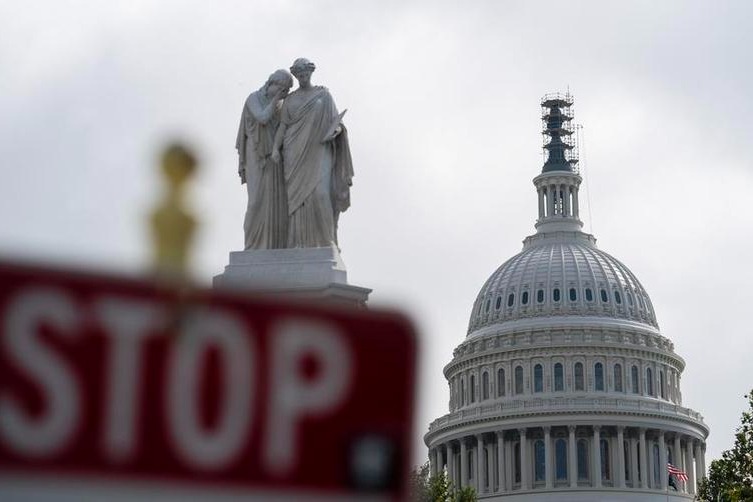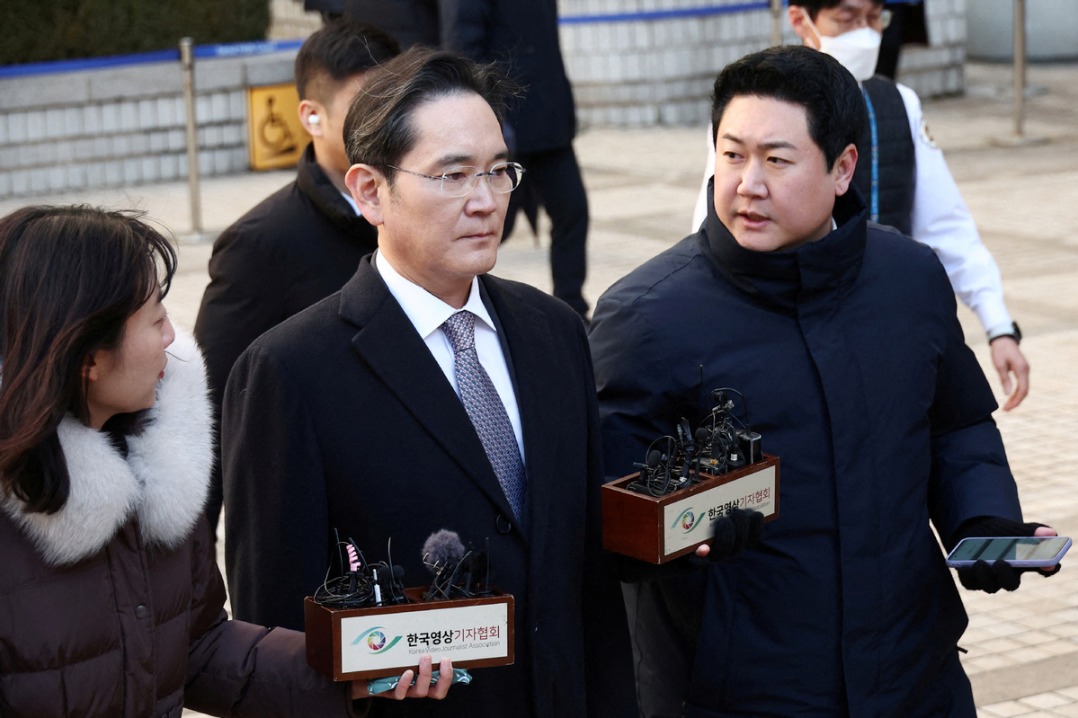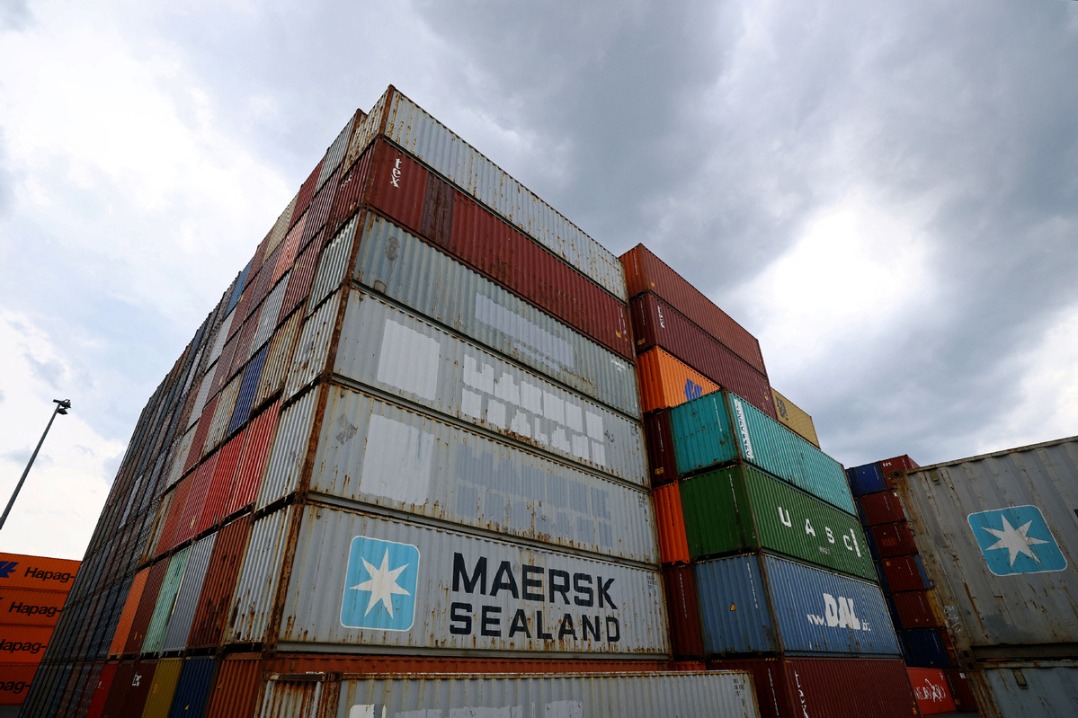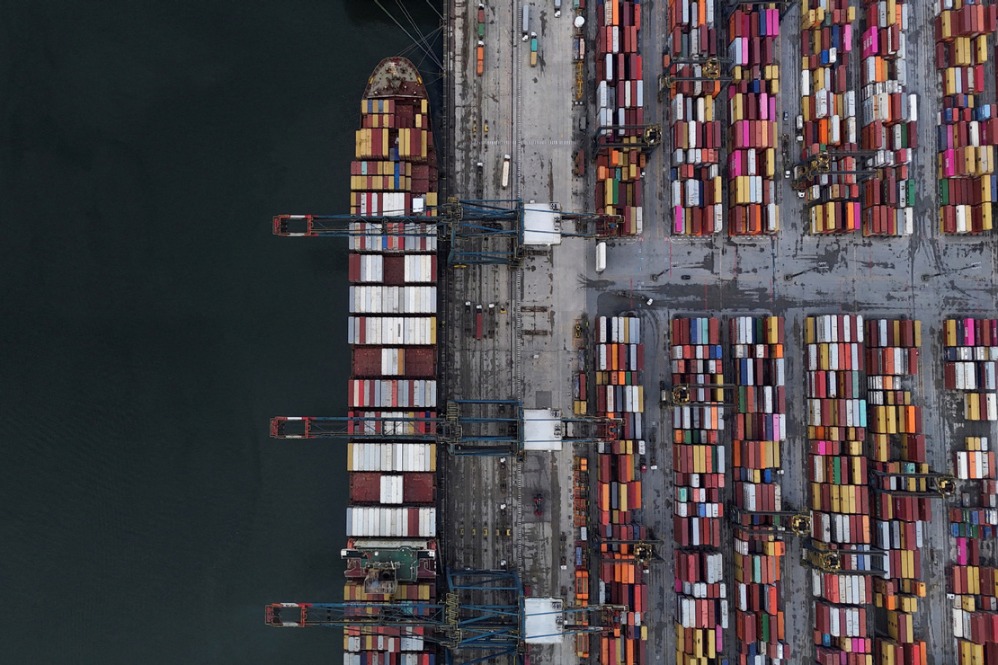Indonesia's tariff deal may hurt green goals: Analysts






The Indonesia-United States tariff deal comes at a huge cost to Indonesia, as it may prevent the country from attaining its renewable energy goals and pose a threat to its export sector, analysts said.
The tariff deal, announced on Tuesday, reduced US tariffs from 32 percent to 19 percent, with transshipment adding the rate of the source country. Indonesia agreed to import $15 billion in energy products, $4.5 billion in agricultural items and 50 Boeing jets from the US, and eliminate any duty on US goods.
The 19 percent tariff "is still high for us", said Tauhid Ahmad, executive director of the Institute for Development of Economics and Finance in Jakarta, adding that it will discourage Indonesian exporters from shipping to the US. Meanwhile, owing to the duty-free facility offered to US goods, the "export of American products to Indonesia will become more massive".
Ahmad said Indonesia has to look for other markets like the European Union, "where we can sell items like footwear, furniture and others. But this will not be easy for us to do".
Indonesia's exports in 2024 almost touched $265 billion, with the US among its biggest markets.
'Not fair'
Wahyu Ario Pratomo, a lecturer in economics at Indonesia's University of North Sumatra, said the US policy of imposing 19 percent tariffs on Indonesian products and asking Indonesia to allow duty-free goods brought in from the US, is generally not fair.
Transshipment is not an acceptable trade practice and was one of the key issues addressed in Indonesia's tariff negotiations with the US, Indonesian Trade Minister Budi Santoso said on Thursday.
International environmental organization 350.org has warned against trade deals that would make Asian countries more dependent on US oil and gas imports, and has cited the US-Indonesia trade deal as an example of such.
"Our future is not for sale. Asian governments should not be arm-twisted into guzzling more US oil and gas when they have committed to phasing out fossil fuels and tripling renewable energy by 2030," Cesar Carlito Baclagon, 350.org's Asia regional finance campaigner, said in a statement.
Sisilia Nurmala Dewi, Indonesia team leader at 350.org, said increased imports of US oil and gas will move Indonesia "further away from the goal of replacing planet-heating fossil fuels with renewable energy".
Dewi said in a statement that Indonesia's renewable energy push is "the key to our very survival and the much-needed energy independence" — as promised by Indonesian President Prabowo Subianto. She said this goal "should not be abandoned or sacrificed on the altar of trade expediency".
Erica Tay, director of macro research at Malaysia's biggest lender Maybank, said: "The basis that Trump uses that Southeast Asian countries are (exporting more) to the US than they're importing from the US, I think that point doesn't hold water. The US' comparative advantage is in services. So it has been a major exporter of services to the world."
"It would be quite incorrect to just look at the economic relationship in terms of just goods trade imbalance," Tay said.
Leonardus Jegho is a freelance journalist for China Daily.
Contact the writers at prime@chinadailyapac.com












